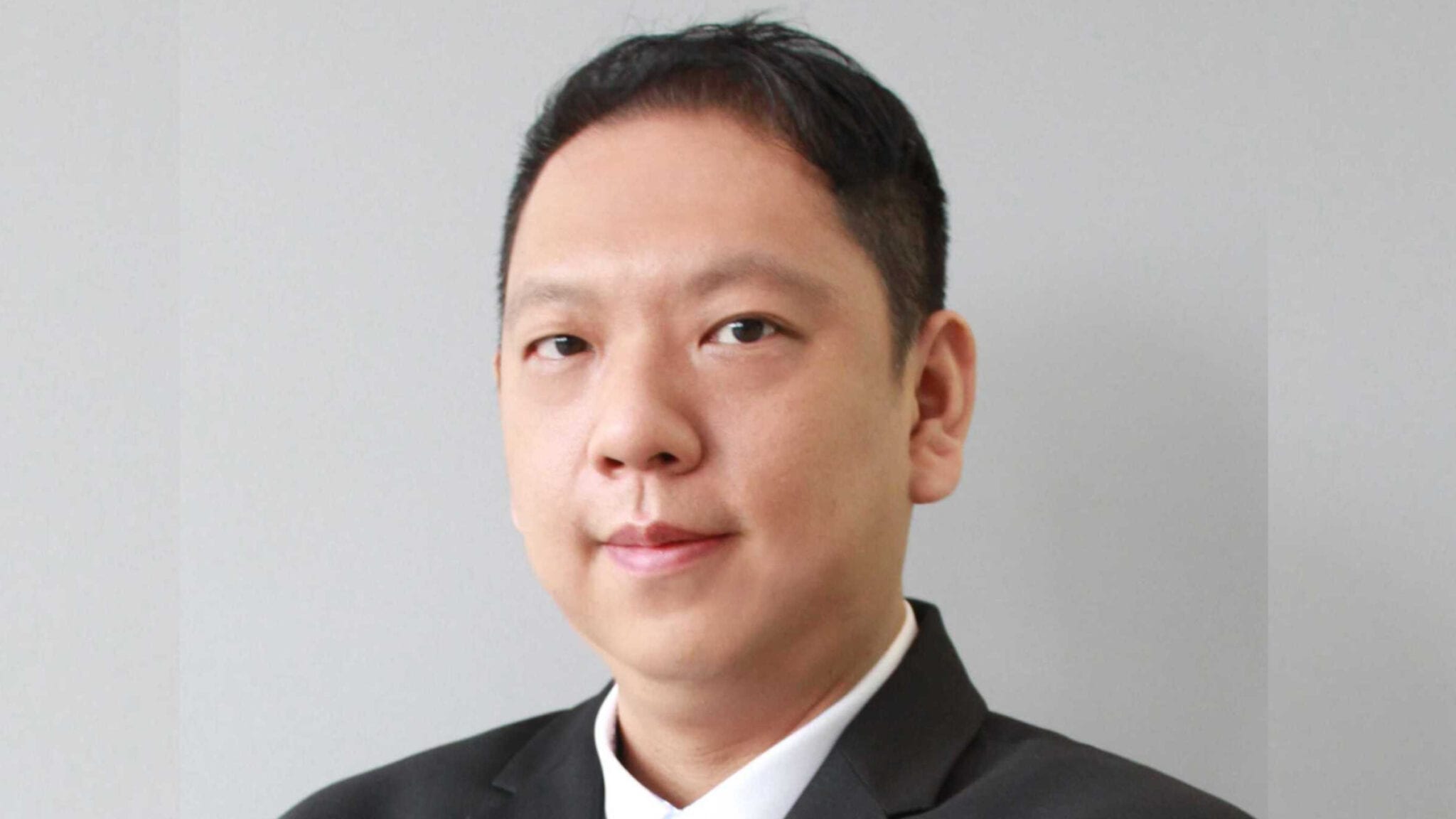
CEO Sonny Hsiao (Acepodia)
Taiwan's Acepodia closes Series B with the promise of conjugating antibodies and off-the-shelf NK cells
What if researchers could take the antibody-drug conjugate model and apply it to off-the-shelf NK cell therapy? For the Taiwan-based biotech Acepodia, that’s the …
Sign up to read this article for free.
Get free access to a limited number of articles, plus choose newsletters to get straight to your inbox.